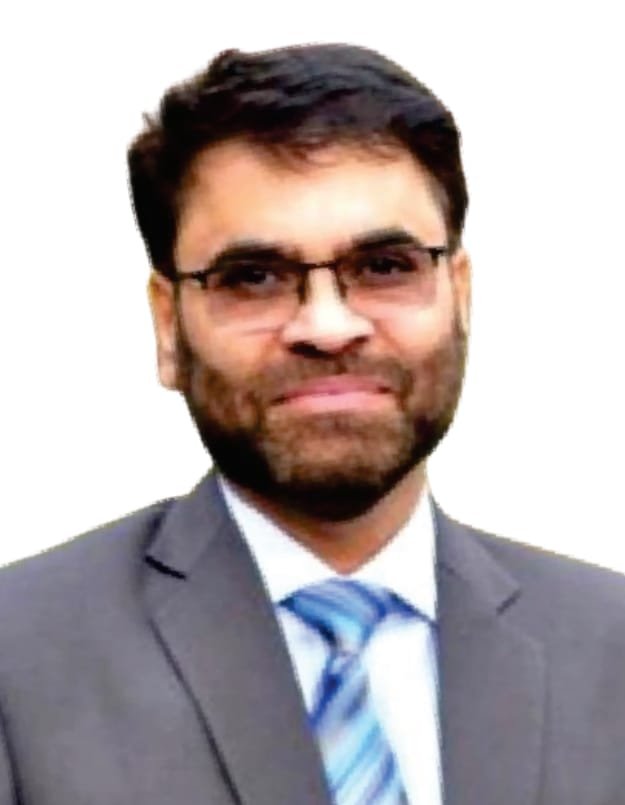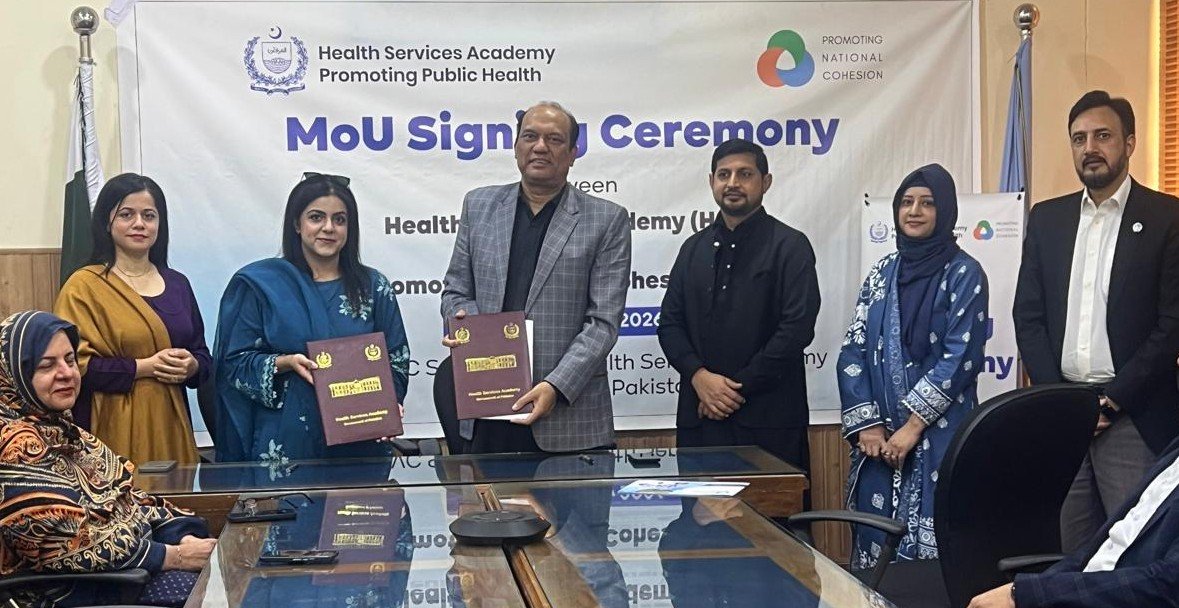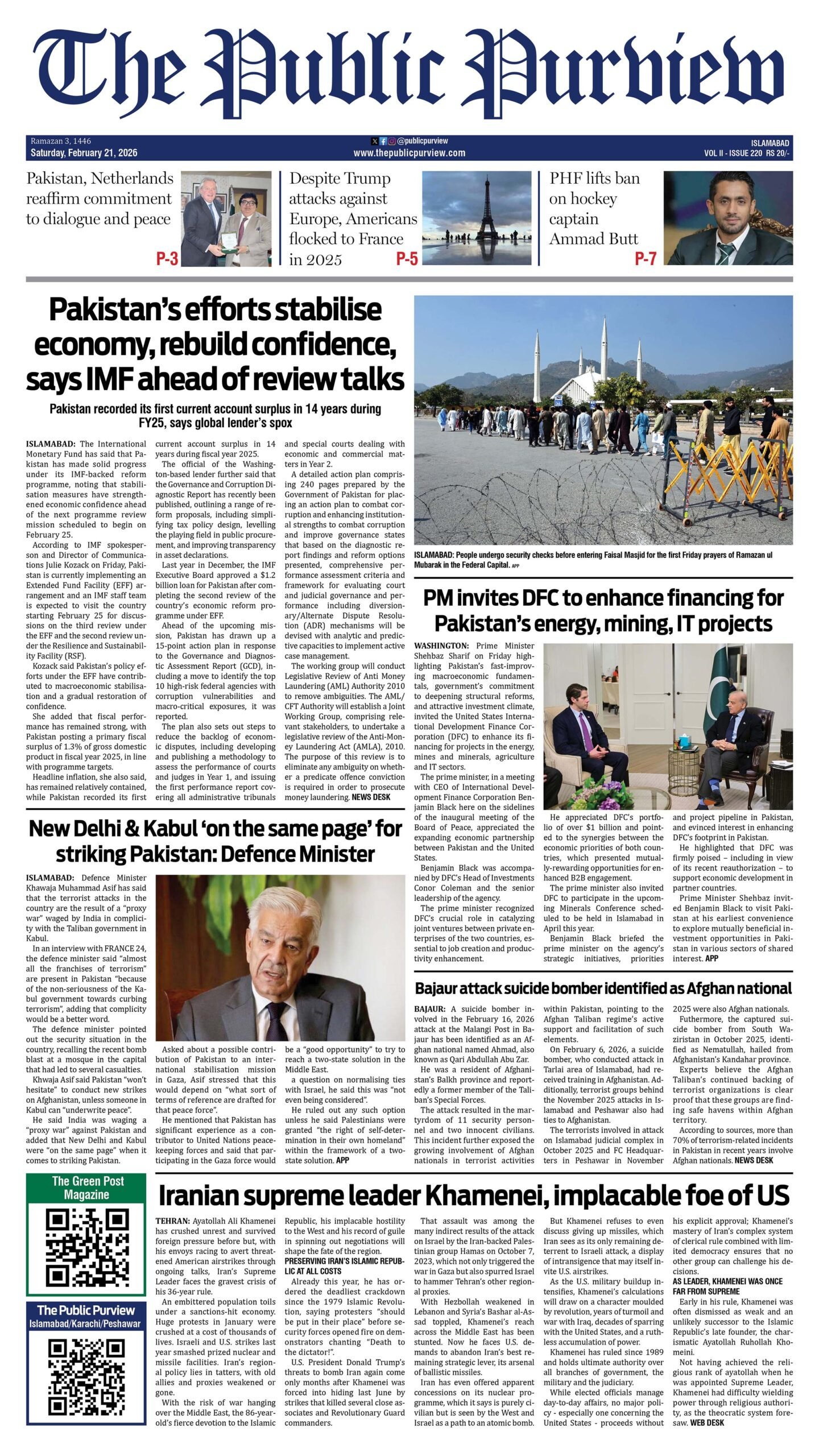Peshawar
Recognizing the urgent need to improve child health outcomes in Pakistan, Save the Children International, in collaboration with the Press Information Department (PID) Peshawar and with tech support from the UNICEF, organized a seminar titled “Increasing Gains in Nutrition by Engaging Media Professionals as Advocates for Advancing Maternal, Child, and Adolescent Nutrition in Khyber Pakhtunkhwa” at Serena Hotel Peshawar. The seminar aimed to position media professionals as powerful allies in the national effort to combat malnutrition, promote exclusive breastfeeding, and support the enforcement of international standards on the marketing of breast milk substitutes. A strong emphasis was also placed on the importance of family-friendly workplace policies and long-term media engagement to raise public awareness and influence policy-level change.
The seminar’s core message was clear and urgent: investment in child health is no longer optional—it is a national imperative. A secure and nourished child population means a secure future for Pakistan. Media professionals, with their unparalleled access to the public through digital, print, and electronic platforms, were called upon to use their platforms responsibly and consistently to advocate for child rights, spread awareness, and help drive social change. Their capacity to shape public opinion and hold institutions accountable makes them vital partners in improving maternal and child health indicators across Khyber Pakhtunkhwa.
The event began with welcome remarks from an official of the Press Information Department Peshawar, who acknowledged the significance of bringing together key stakeholders—government, development partners, and media—for a shared vision. She noted that collaborative platforms such as this seminar are instrumental in forging partnerships and advancing public health agendas.
Mr. Azam Kiani, project manager, Save the Children, provided an overview of the organization’s work in Pakistan. He explained that Save the Children began its operations in the late 1970s, initially responding to the Afghan refugee influx. Over the years, the organization expanded its efforts across Pakistan, with a strong focus on child protection, education, nutrition, and maternal health. He underscored that working hand-in-hand with the media can exponentially increase the reach and impact of the organization’s work, particularly in challenging contexts like those found in parts of Khyber Pakhtunkhwa.
Mr. Fazal Majeed, Director Nutrition, Khyber Pakhtunkhwa Health Department, delivered a detailed presentation on the province’s health landscape. He spoke about several major government initiatives aimed at improving maternal and child health, including immunization drives, nutrition programs, and improved maternal healthcare services. A particularly notable development was the establishment of lactation corners in public spaces—an important step toward enabling mothers to breastfeed with dignity and privacy. He acknowledged ongoing challenges, such as geographic disparities and funding limitations, but emphasized that with continued coordination and community engagement, significant progress is achievable.
Technical insights were provided by Ms. Shiza Hameed, nutrition coordinator Save the Children International who addressed the pressing nutritional challenges facing the province and the country. She revealed that 53 percent of children in Pakistan are not exclusively breastfed and that the infant mortality rate stands at 56 deaths per 1,000 live births. She described the deep-rooted consequences of poor nutrition, such as stunting and wasting, which not only affect individual children but also compromise the nation’s future productivity and resilience. Ms. Shiza, who also served as moderator for the seminar, urged media representatives to highlight these issues in their coverage, bring stories of success and struggle to light, and normalize conversations around maternal and child nutrition.
A dedicated Question & Answer session was also held, where media professionals actively engaged with panelists, raising pertinent questions related to breastfeeding practices, policy enforcement, access to maternal health services, and the role of media in influencing behavior change. The dialogue was dynamic and constructive, adding to the depth of understanding among all participants. This interactive exchange not only clarified technical aspects but also sparked fresh ideas for media-led advocacy.
Throughout the seminar, participants emphasized that the media’s role is not merely to report facts but to shape societal attitudes, question norms, and influence behavior. Media professionals were asked to act as “mouthpieces” for child rights—to integrate messages of health, nutrition, and child protection into their storytelling, regardless of platform or beat. With their capacity to reach both grassroots communities and policymakers, journalists are uniquely positioned to be champions of change.
The seminar concluded with a strong collective resolve to continue such engagements and build lasting collaborations between media, government departments, and development organizations. All stakeholders pledged to work together more closely in addressing malnutrition, reducing stunting, improving breastfeeding rates, and ultimately ensuring that every child in Khyber Pakhtunkhwa and Pakistan at large has a healthy and dignified start in life.







 Today's E-Paper
Today's E-Paper